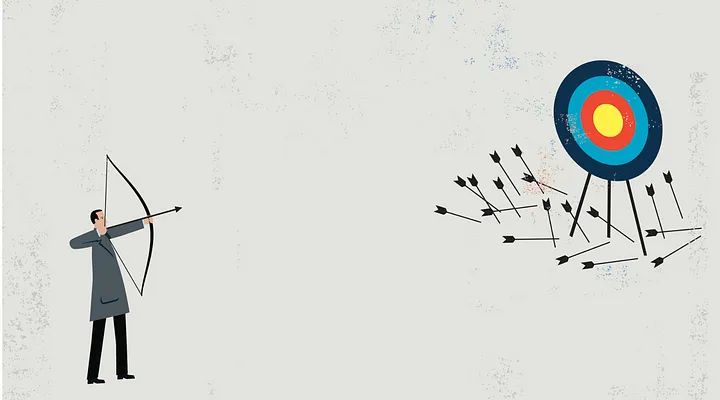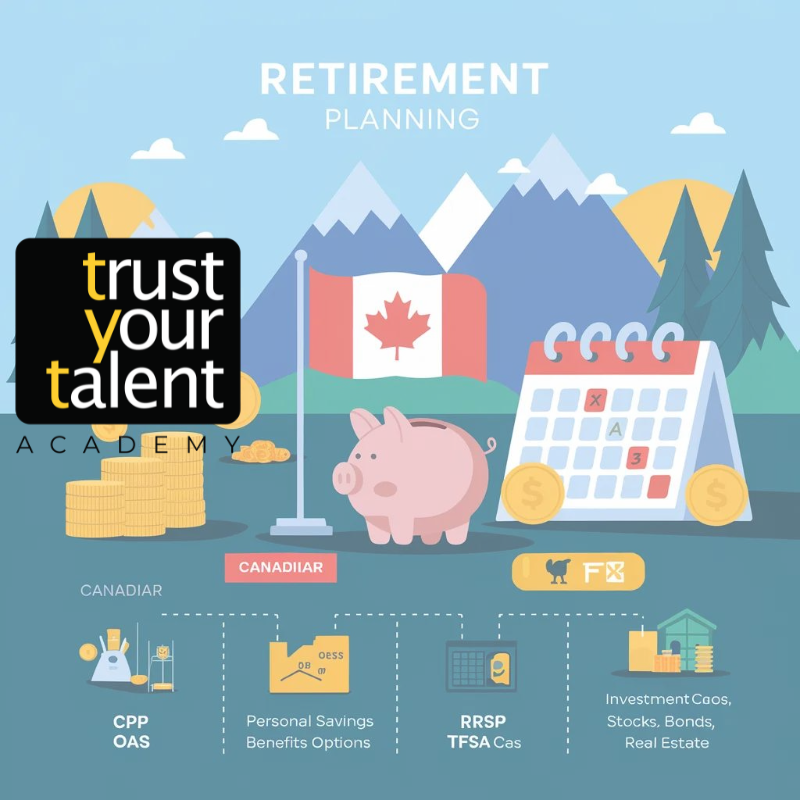How to Become a Real Estate Broker in Canada

Becoming a real estate broker in Canada is a significant step forward in your real estate career. As a broker, you’ll have the ability to open your own brokerage, supervise other real estate agents, and take on additional responsibilities. This guide will cover the steps to becoming a real estate broker, the qualifications required, and why it might be the perfect next step for you.
What Does a Real Estate Broker Do?
A real estate broker is an advanced real estate professional who has additional education, training, and experience. Unlike real estate agents, brokers can manage their own real estate firms, hire agents, and ensure that all transactions are completed according to the law.
Key Responsibilities of a Real Estate Broker:
- Managing a Brokerage: Supervise and manage real estate agents.
- Compliance: Ensure all transactions comply with legal and ethical standards.
- Training Agents: Provide guidance and mentorship to less experienced agents.
- Handling Complex Transactions: Oversee complicated real estate deals and disputes.
Learn more about career paths in real estate in our Real Estate Careers guide.
Steps to Becoming a Real Estate Broker in Canada
To become a real estate broker in Canada, you’ll need to follow several steps. These include gaining experience as a real estate agent, completing additional education, and passing a broker licensing exam.
Step 1: Gain Experience as a Real Estate Agent
Before becoming a broker, you must first work as a licensed real estate agent. This experience is crucial because it allows you to gain a deep understanding of the real estate industry.
Requirements:
- Work for a minimum of 2 years as a licensed real estate agent (varies by province).
- Build a strong track record of successful transactions.
- Demonstrate ethical and professional conduct in all transactions.
For more details on the timeline for getting licensed, check out our guide on how long it takes to get a realtor license.
Step 2: Complete Broker-Specific Education
Once you’ve gained enough experience, the next step is completing a real estate broker course. These courses are designed to provide the in-depth knowledge you’ll need to manage a brokerage.
Courses Typically Cover:
- Real estate law.
- Advanced negotiation tactics.
- Brokerage management.
- Ethics and compliance.
For example, in Ontario, you would complete the real estate broker course Ontario through an accredited institution.
Step 3: Pass the Broker Licensing Exam
After completing your broker-specific education, you’ll need to pass the broker licensing exam in your province. This exam tests your knowledge of advanced real estate topics and ensures that you’re ready to take on the responsibilities of being a broker.
Exam Preparation Tips:
- Review your course materials thoroughly.
- Take advantage of practice exams.
- Join study groups to enhance understanding.
Once you pass, you’ll officially be licensed as a real estate broker.
Benefits of Becoming a Real Estate Broker
Becoming a broker offers several advantages, both in terms of career growth and financial opportunities.
Top Benefits Include:
- Higher Earning Potential: Brokers can earn more through commissions, managing agents, and owning their own brokerage.
- Autonomy: You have more control over your career, including the ability to open and run your own firm.
- Career Growth: You can take on more complex deals and work with higher-value clients.
- Mentorship: As a broker, you’ll have the opportunity to train and mentor other agents, passing on your knowledge and skills.
Realtor Broker License Requirements in Canada
The realtor broker license requirements vary by province, but generally, you’ll need the following:
- Experience: At least 2 years of experience as a licensed real estate agent.
- Education: Completion of a real estate broker course approved by your provincial regulatory body.
- Exam: Passing the broker licensing exam.
- Continuing Education: Some provinces may require ongoing education to maintain your license.
Make sure to check with your local real estate association for specific requirements.
Choosing the Right Broker Course in Ontario
If you’re in Ontario, you’ll need to complete the real estate broker course Ontario. This course is offered by accredited institutions and covers everything you need to know to become a successful broker.
Key Course Topics Include:
- Brokerage law and regulations.
- Advanced marketing and business strategies.
- Managing real estate transactions.
- Ethical decision-making.
Completing this course is a crucial step toward obtaining your broker license in Ontario.
How to Become a House Broker: A Step-by-Step Guide
A house broker, often used interchangeably with real estate broker, requires dedication and hard work to achieve. The process is straightforward, but it demands thorough preparation.
Steps Include:
- Start as a licensed real estate agent.
- Gain substantial experience in property transactions.
- Complete advanced broker training programs.
- Pass your province’s broker licensing exam.
By following these steps, you can progress from real estate agent to a licensed house broker with increased earning potential and career opportunities.
Conclusion
Becoming a real estate broker in Canada offers an excellent opportunity for career growth, higher earnings, and greater autonomy in the real estate industry. By completing the necessary education, passing the licensing exam, and gaining experience, you can achieve this next level in your career.
For a comprehensive guide, check out our complete guide on becoming a real estate agent in Canada







